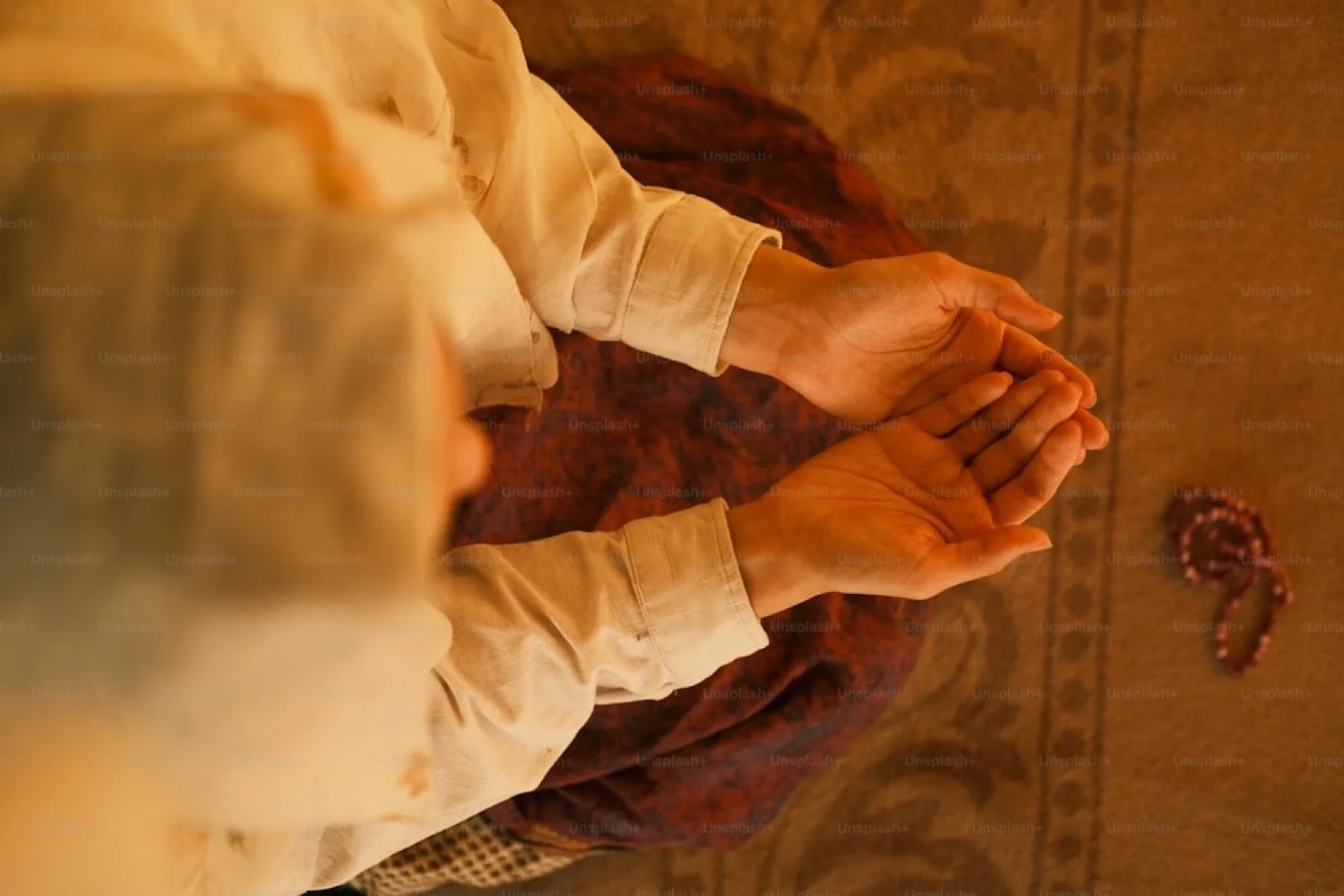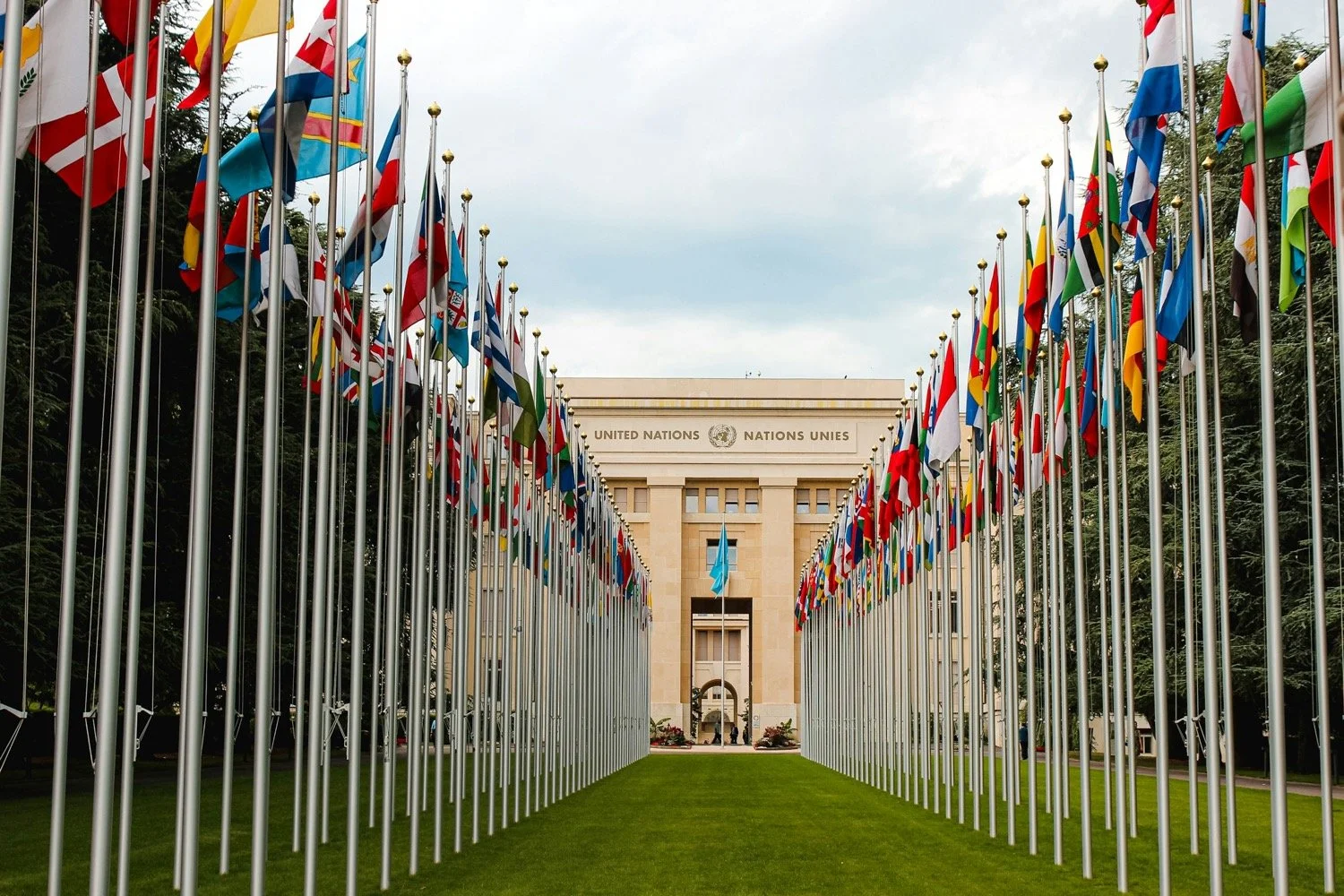Readings for today: Ezekiel 45-48
I love Ezekiel’s vision today. Water flowing from the Temple of God. Beginning as a trickle but becoming a mighty river, flowing southeast out of Jerusalem towards the Dead Sea. The region around the Sea is a wasteland. A desert. A void. A place where nothing grows. I’ve been there. It’s desolate. And yet, as the river reaches the sea, this amazing miracle takes place! Trees begin to grow on either side. Their fruit providing food and sustenance to all. Their leaves never wither or fade. The water itself teems with life. Fish of every kind find a home there. As the waters reach the Sea, they bring it from death to life. The saltwater turns fresh and it begins to produce a hundredfold. Yes, there are still reminders of the former days. Still reminders of the death that once reigned here. The marshes and swamps retain their salty character but those simply serve as witnesses to the miracle of resurrection that has taken place!
For the Christian, we recognize the prophetic nature of Ezekiel’s vision. Many centuries later, the Apostle Peter will actually stand on the steps of the Temple and preach the gospel for the first time. The Holy Spirit moved powerfully through his words and 3000 gave their lives to Jesus Christ. Along the very stairs where Peter most likely preached are the ceremonial mikvehs where Jewish believers would wash before going into worship. You can see them today. The 3000 who were saved were probably baptized in those very waters! What began as a trickle soon became a mighty river as the Spirit moved in the hearts of those early believers. From 20,000 at the end of the 1st century to over 20 million some two hundred years later to over 3 billion today; the river of the gospel of Jesus Christ just gets deeper and wider as it flows!
But even this is just a foretaste of what’s to come! In the Book of Revelation, the Apostle John receives a vision that sounds eerily similar to what Ezekiel received. “Then the angel showed me the river of the water of life, bright as crystal, flowing from the throne of God and of the Lamb through the middle of the street of the city; also, on either side of the river, the tree of life with its twelve kinds of fruit, yielding its fruit each month. The leaves of the tree were for the healing of the nations…The Spirit and the Bride say, “Come.” And let the one who hears say, “Come.” And let the one who is thirsty come; let the one who desires take the water of life without price.” (Revelation 22:1-2, 17) Friends, God is still on the move! Even after all these centuries, the living waters are still flowing. Lives are still being changed by the gospel. God refuses to remain in His Temple. His grace moves out into the wastelands of our world. Into the darkest places where death reigns. And His grace brings life. Hope. Joy. Peace. Churches sprout up along its banks, bearing the fruit of the Spirit to sustain the nations. As they seek Christ themselves, they find their leaves never wither. The world itself is renewed. Restored. Redeemed. Where O Death is now thy sting? Where O Death is now thy victory? The Living Water that Christ offers us fills the void! It becomes a spring of water welling up continually in our souls. Healing our hurts. Easing our pain. Comforting our grief. Sustaining us until the day when Christ will come again to wipe away every tear and make all things new.
Readings for tomorrow: Daniel 1-3




